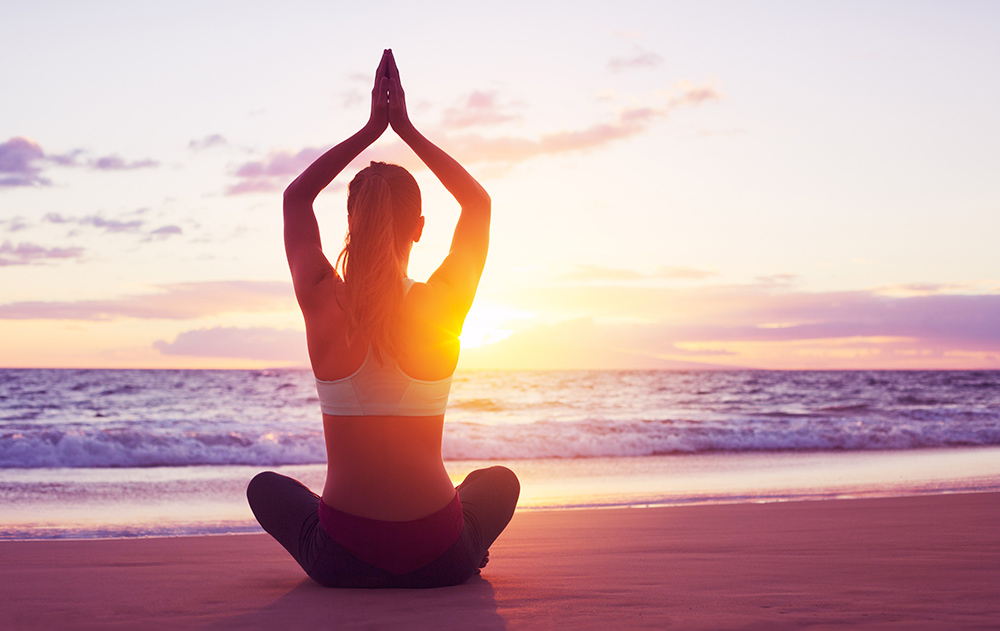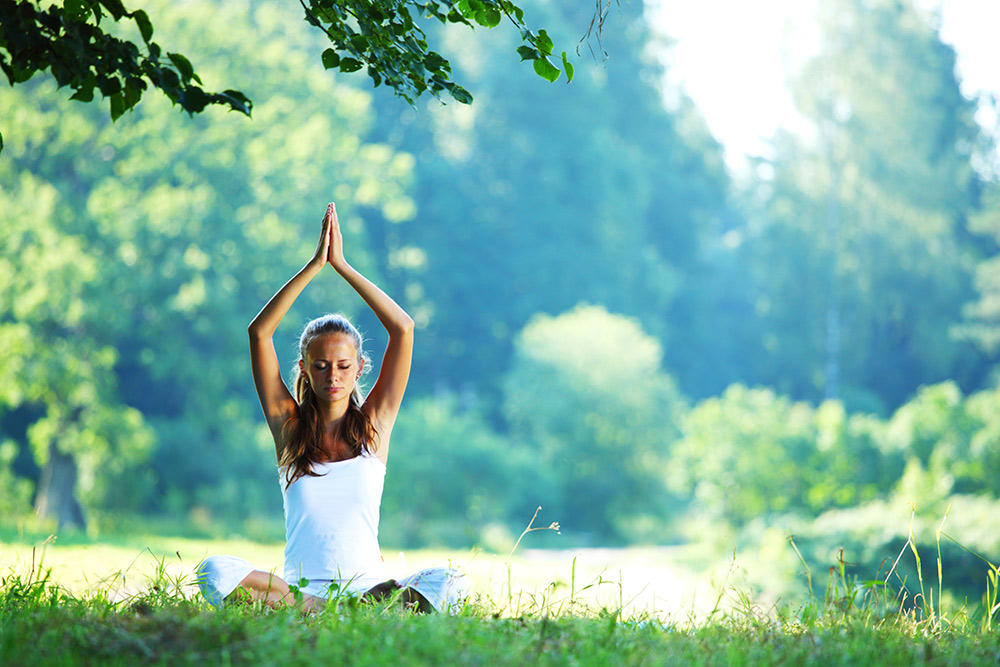Yoga for Addiction recovery

Why We Love Yoga for Addiction Recovery at the Anaheim Lighthouse!
by Ivy Chase
Yoga has been around for thousands of years as a way of promoting physical, mental and spiritual health. There are several different types of Yoga practices that are recommended for those in recovery from addiction. A popular Yoga practice is one of the Eastern discipline. Vinyasa yoga not only helps people improve their overall physical health, but it also is a great enhancer for a person's mental well-being. Anaheim Lighthouse offers weekly Yoga classes to all clients willing to participate.
Almost all rehabs currently offer some variation of physical exercise like yoga because so many different ages can participate and see its benefits. It is now even considered a basic component to many of the best rehab facilities in the country. Yoga is a valuable tool for recovery, because when the person in treatment for alcohol and drug addiction has finished their stint at the treatment facility they have gone to, Yoga is a skill they can practice anywhere and is socially acceptable to anyone, not only those participating in recovery from addiction.
Early recovery can be filled with life-stressors and many emotional ups and downs. It is absolutely vital that people have the most effective resources and tools handy that will provide them with strength and wisdom. Yoga is one of these. One of the most well-known features of Yoga are its postures. There are actually 8 different limbs of yoga, each having a distinct spiritual concept tied to one's health. The word Yoga itself means union between mind, body and spirit.
Yama yoga refers to the ethical principles to which followers of the path are expected to adhere. Principles such as restraint of behavior, non-violence, no stealing of any sort, only speaking the truth, and avoiding jealousy.
Niyama yoga refers to spiritual practices including cleanliness, surrendering to a higher power, study of sacred texts, contentment and spiritual austerities.
Asana yoga are the physical poses that yoga is most known for in the Western imagination.
Pranayama yoga are the different breathing techniques associated with yoga.
Dharana yoga, is intense, one-pointed concentration developed in meditation.
Dyhana yoga, is similar to dharana, but the concentration is no longer one-pointed, it can flow as well.
Patanjali yoga, is a state of mediation where the individual is able to transcend the experience of self. At this point they will experience feelings of ecstasy and other pleasurable sensations.
Practicing Yoga doesn't necessarily have to be done in any given order regarding the limbs or poses. Often, those who practice Yoga aren't even interested in the spiritual aspect of the practice, but just practicing the Asana poses and doing the indicated breathing techniques can make a big difference in a person's level of serenity.
By practicing yoga on a regular basis, people recovering from an addiction are able to stay in tune with their minds and their bodies. Little by little, they become comfortable in their own skin, and yoga strengthens this positive feeling. If addiction is a threefold disease, viewed as mental, physical and spiritual, then yoga is it's its counterpart, treating all three aspects at the same time.
As little as just 20 minutes of practicing yoga, 3 times throughout the week, will make an enormous positive impact. If you or a loved one is suffering from addiction contact us at Anaheim Lighthouse today for a free and confidential talk with one of our experienced treatment team.














